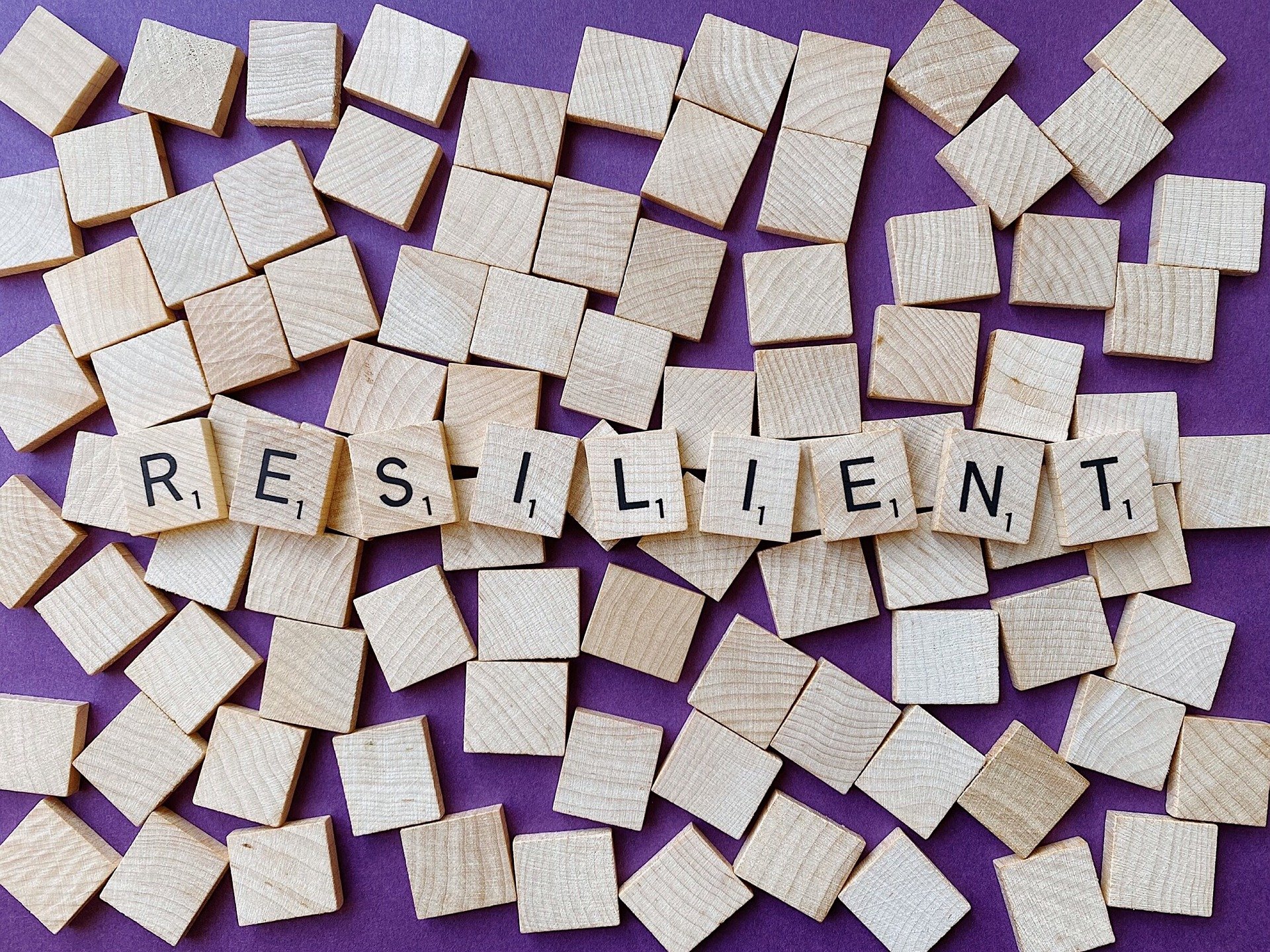by Philip Wilkerson, Manager, Industry Advising and Employer Development, University Career Services
As I reflect on 2020, the challenges we’ve recently gone through remind me of the biblical story of Job. Just like Job experienced tumult in ancient times, 2020 has been a tumultuous and stressful year for us all. We faced a pandemic, systemic racism and a struggle for racial justice, an economic crisis, threats to our democracy, and a polarized culture. Job’s faith was tested to the extreme as he lost so much that was important to him: his home, his family, and his health. Even in this extreme loss, he did not turn his back on God. He looked inward and asked God what he did to deserve this, and repented. In 2020, we’ve been especially hurt by loss and devastation. Still, though, we have not turned our back on faith or hope. We have shown resilience, which has helped us be strong despite the losses we have endured.
Now that we’re well into 2021, let’s focus on resilience to emerge from this challenging time with greater well-being. We can make this a year of resilience by affirming our individual and collective strength, and focusing on our purpose. Doing so will help keep our faith and hope strong, even as we continue to deal with challenges day by day.
In “A Guide to Resilience and Wellbeing” by the Resilience Institute, resilience is often defined as “the ability to bounce back from negative events.” In other words, resilience depends on the ability to return to a state of equilibrium after a period of adversity. I am still waiting for the “bounce back” from 2020 but I believe that better days are ahead and commend myself and others for showing true grit and sticking it out.
Resilience Activity: Write an Affirmations List
One powerful way to discover how resilient you already are is to write a list of affirmations about yourself. In January of 2020, I wrote a list of affirmations to myself and then put it away in an envelope. Then, in December 2020, I opened the letter. Below are a few words I said about myself:
- I am kind.
- I am a good husband.
- I like helping others. It gives me purpose.
- I am a good father.
- I am a good friend.
What I noticed is that, regardless of the difficult circumstances I went through, I held firmly to what I believe about myself. I weathered the storm and stayed true to who I was.
Words have power! What can you write about your own good qualities? Writing a list of specific affirmations can help you see how strong you really are. Reflecting on your affirmations can help you develop the resilience you need to get through any challenges.
This past year has tested our resolve as a society. Yet, as our society has struggled, how have you been resilient? What has 2020 taught you about yourself? What are you looking forward to in 2021? What words do you believe are at your core?
Additional Resources
Mason’s Resilience Badge is a fully online, asynchronous learning opportunity that will allow you to further develop your resilience through content knowledge and practices, all of which are backed by the science of resilience.
Mason’s Resilience Resources articles each connect to one of the 10 strategies explored in the book Resilience: The Science of Mastering Life’s Greatest Challenges by Steven M. Southwick and Dennis S. Charney.
The Greater Good Science Center presents a variety of resilience resources, including Five Science-Backed Strategies to Build Resilience.
The Poetry Foundation offers this collection of poems of hope and resilience for inspiration.
The book The Unapologetic Guide to Black Mental Health: Navigate an Unequal System, Learn Tools for Emotional Wellness, and Get the Help you Deserve by Rheeda Walker, Ph.D. presents helpful resilience strategies.
Write one of these Thriving Together Series features! We’re looking for contributions on all topics related to well-being. Read other Thriving Together Series articles here and contact us at [email protected] for guidelines. Thank you for helping our Mason community thrive together online!






















